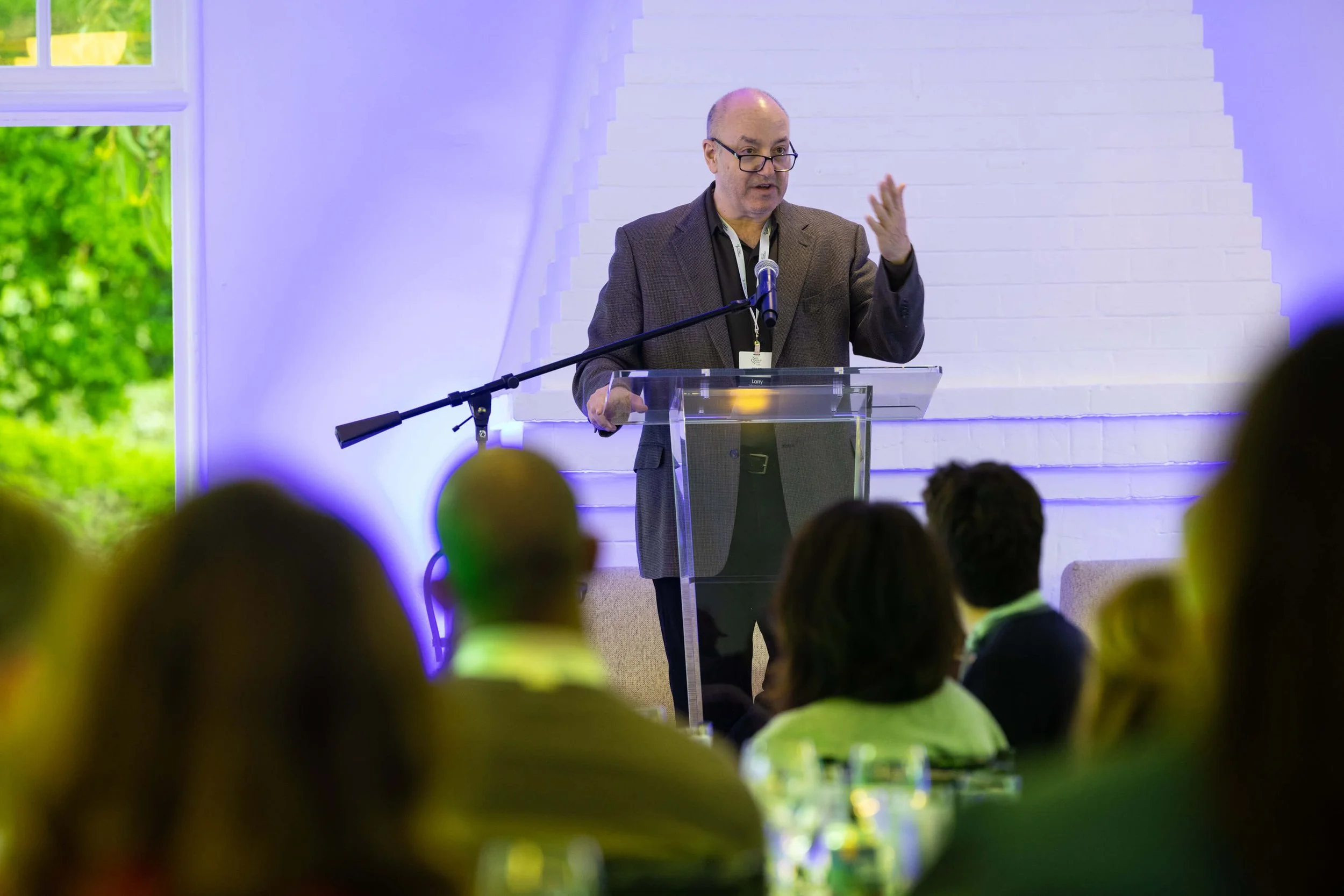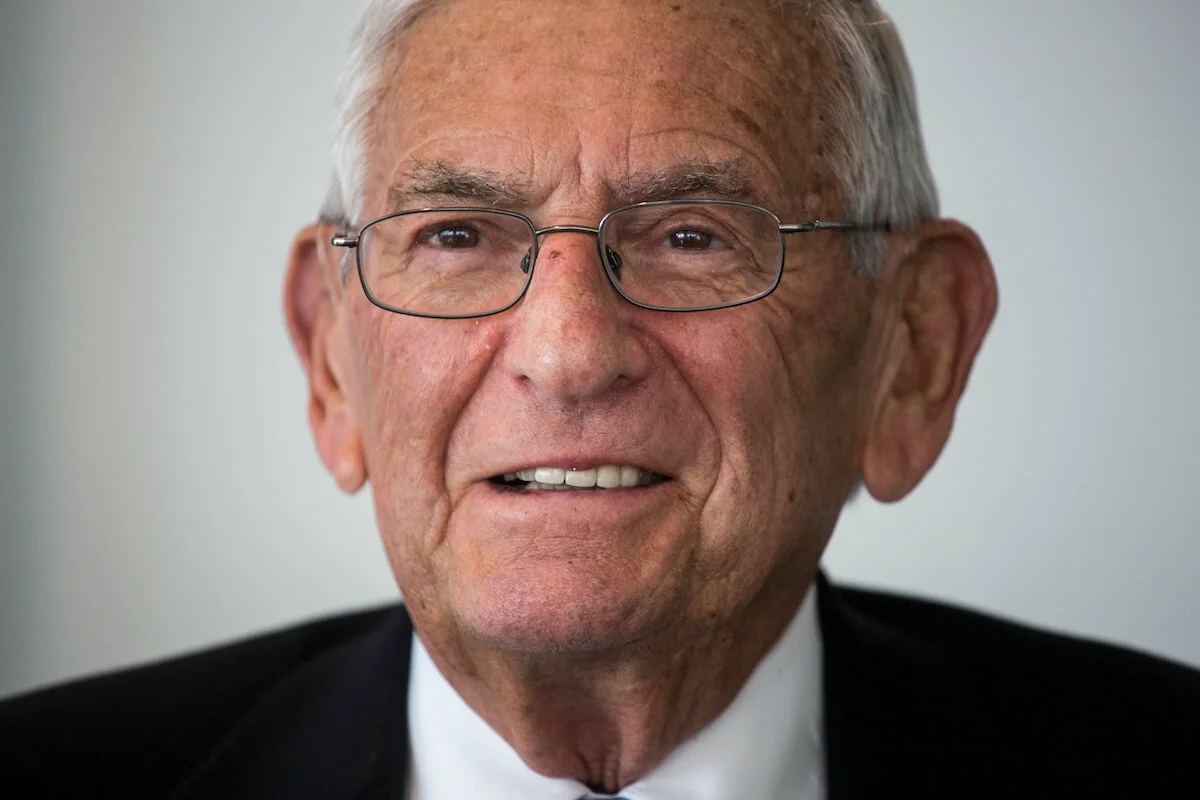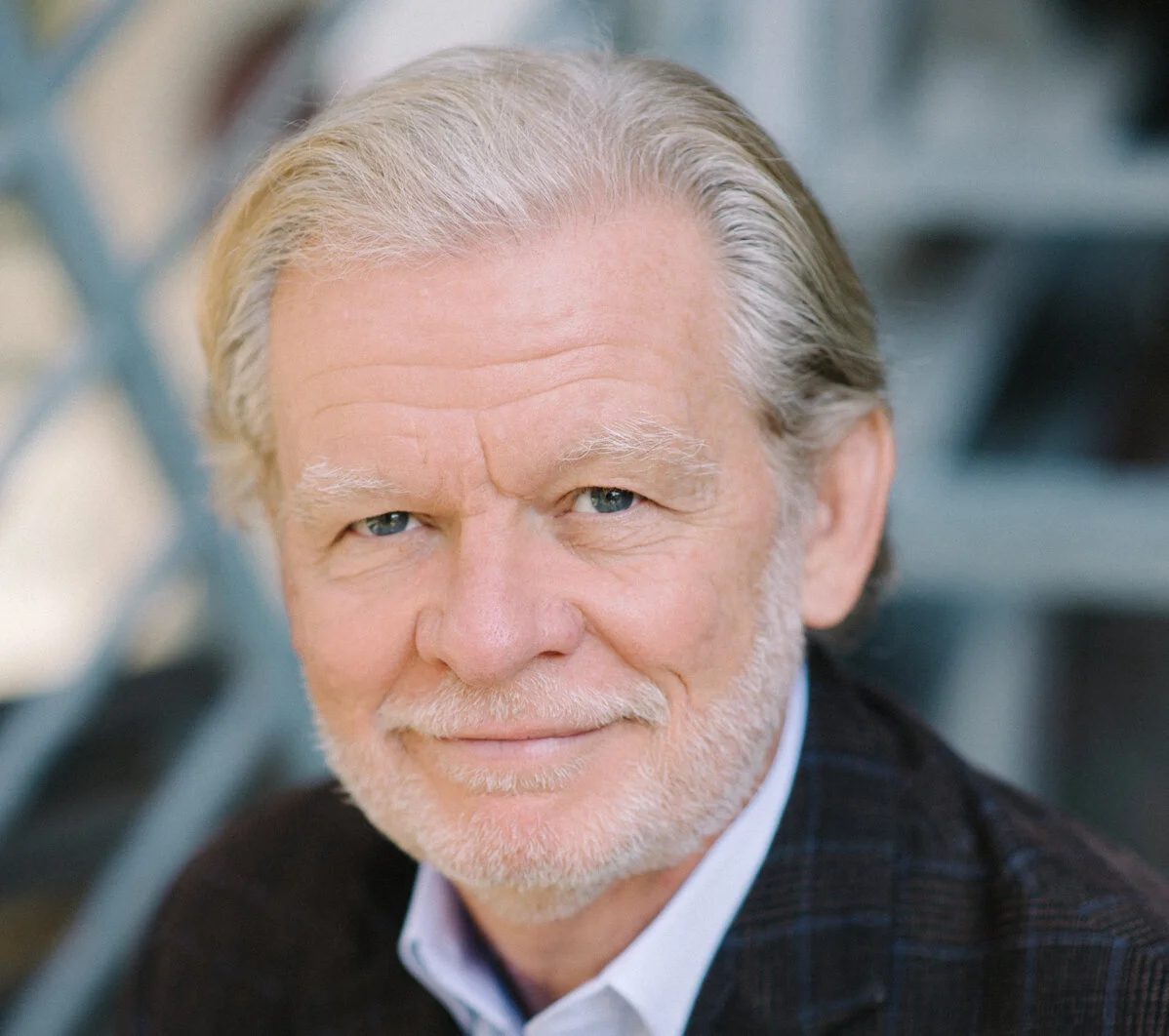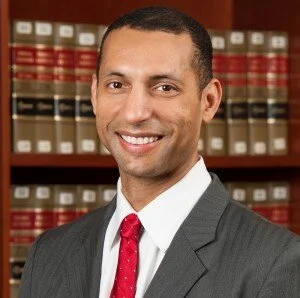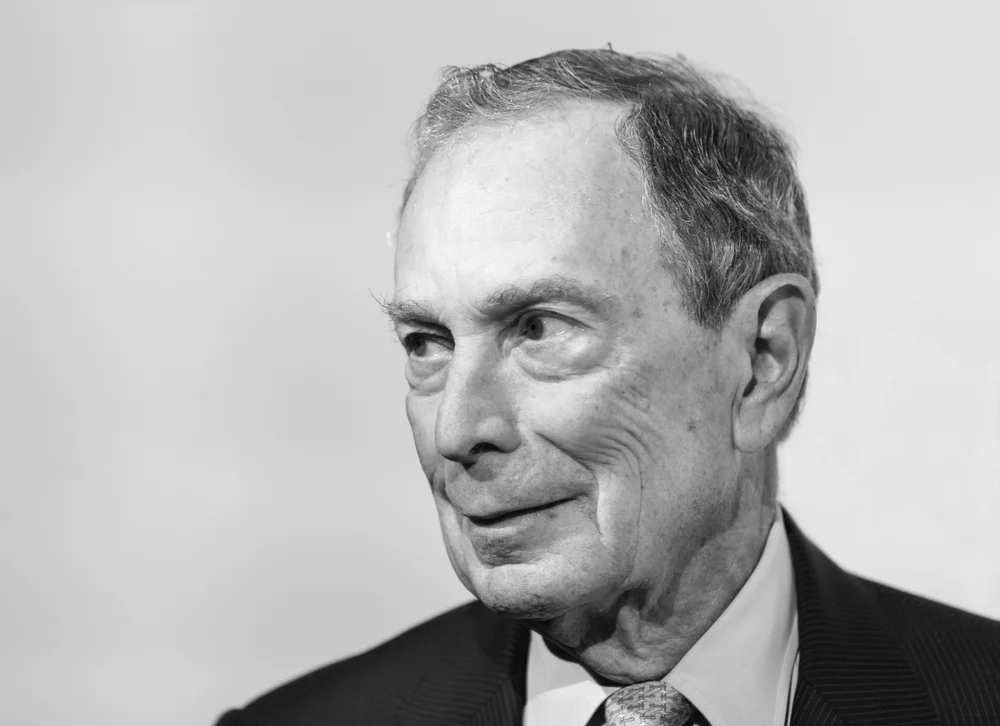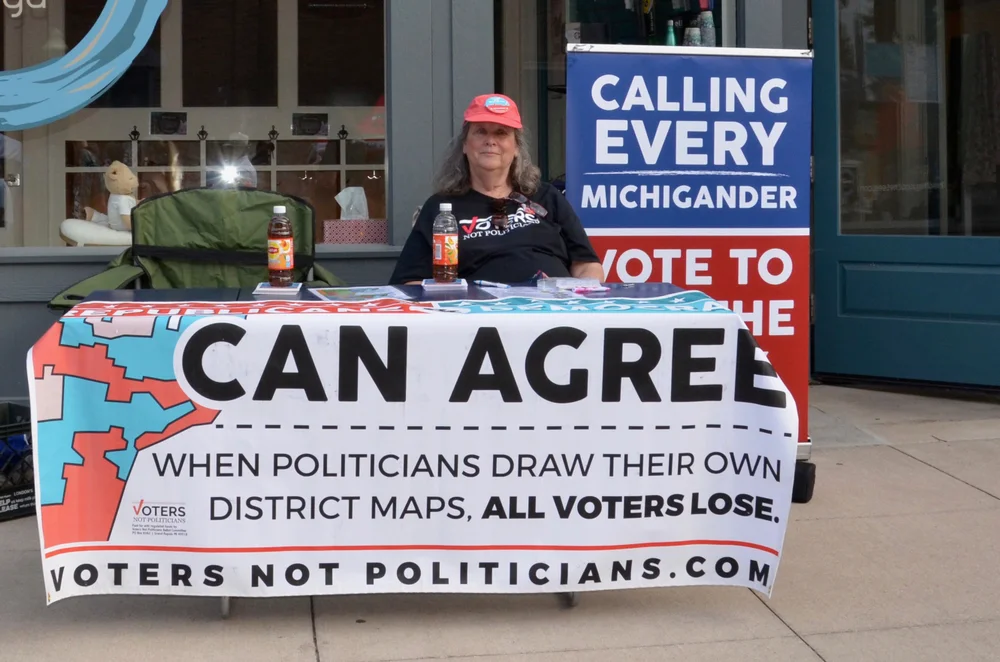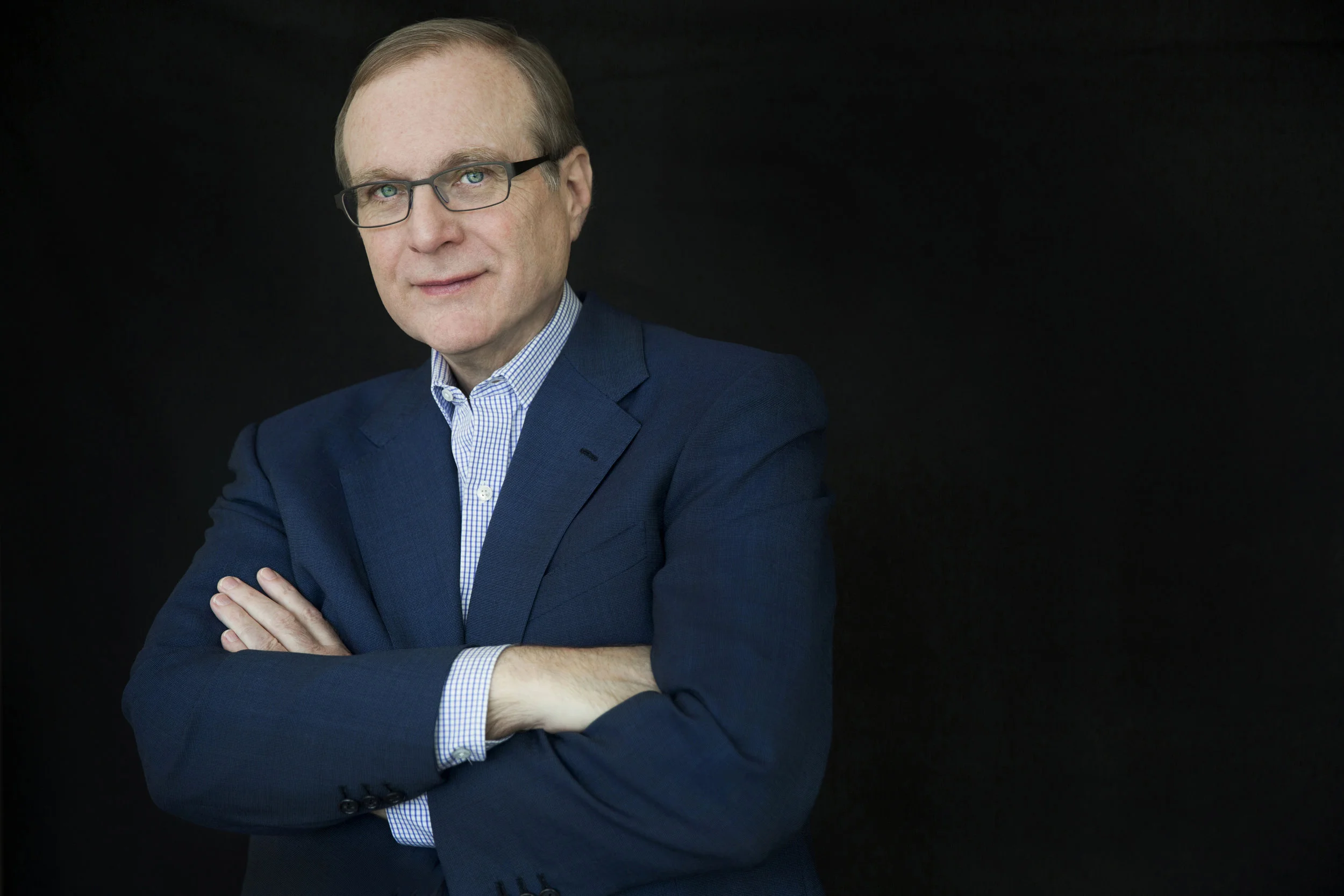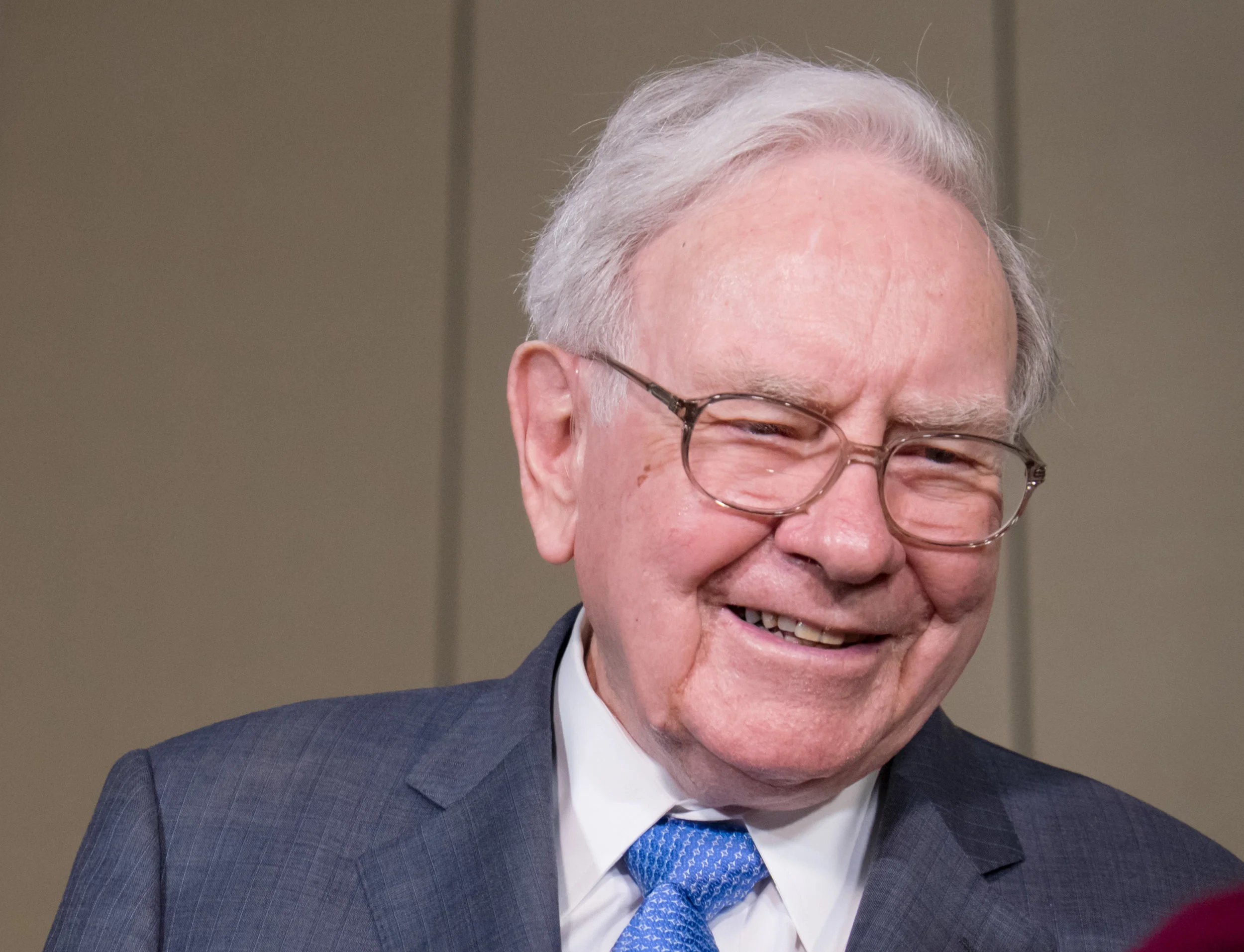"Impossible to Justify." A Political Scientist Takes on American Philanthropy
/photo credit: Christine Baker
Editor’s Note: This article was first published on January 7, 2019.
Rob Reich stumbled into his study of philanthropy by accident, when he and his wife enrolled their son in kindergarten in Palo Alto, California, one of the nation’s wealthiest communities. On the first day of classes, they got a letter requesting a $2000 donation to the local foundation that supports the town’s public schools.
Hundreds of such foundations exist across the U.S. to raise money from parents and local companies for K-12 systems. But Reich was startled to learn about the existence of this parallel private funding mechanism for public education. And as a professor of political science at Stanford University who studied education, he was troubled that these foundations exacerbated the inequalities that already existed among America’s schools—and that the federal government subsidized this inequality through the charitable tax deduction. Palo Alto’s schools, after all, are already among the best funded in California thanks to its sky-high real estate values. Why do they need an extra boost via the tax code?
Reich set out to write an op-ed on the topic and soon found himself in unfamiliar terrain. He didn’t know why 501(c)(3) nonprofits existed to begin with, how this sector had come into existence, or to what extent deductible charitable gifts actually went to help the needy.
Intrigued by the larger questions here, he scouted around to see what scholars of political science and political philosophy had to say about America’s state-backed system of private giving. Not much, it turned out. “I found basically nothing,” he recalled in a recent conversation with me.
While myriad political scientists drill into the minutiae of Congressional roll call votes or the behavior of interest groups, very few of them research philanthropy and the nonprofit sector. These topics tend to fall between the cracks of academic disciplines, leaving key questions about civil society unexplored by scholars.
Reich decided he wanted to probe deeper, starting with the obvious question of why the U.S. Treasury helped foot the bill for giving that seemed to have little to do with aiding the needy. “I had thought charitable giving was redistributive. When I discovered that wasn’t the case, I was even more puzzled. What could possible justify the rationale for these policies?”
Instead of writing an op-ed, Reich set out on a larger exploration of a set of public policies and rules around private giving that struck him as “bizarro.”
Over the ensuing years, that intellectual journey would lead Reich to become one of the nation’s preeminent scholars of philanthropy. He is read widely in both academic and grantmaking circles, he’s a frequent speaker at events in the sector, and faculty co-director of the Stanford Center on Philanthropy and Civil Society. While the center is backed by a number of private funders—and Reich’s own position there has been supported by Marc and Laura Andreessen—he’s made his mark by asking hard questions about the role of philanthropy in a democratic society.
A few years ago, such concerns were mainly raised in nonprofit and policy circles—when they were mentioned at all. But today, amid rising concerns about upper-class influence in a new Gilded Age, and with corporate titans like Jeff Bezos pledging billions, Reich’s longtime scholarly preoccupation has become a growing topic of public discussion. A book last year by Anand Giridharadas, Winners Take All, hit the New York Times bestseller list with a searing critique of elite social do-gooders, while my own book on big philanthropy, The Givers, also attracted attention a year earlier.
What sets Reich apart from other critics, though, is that he’s a political philosopher who brings theoretical rigor to a subject that still receives only sparse attention from academics. That deeper approach is on display in a new book Reich published in November, Just Giving: Why Philanthropy is Failing Democracy and How It Can Do Better.
The book feels to me like an instant classic, if ultimately an unsatisfying one.
An “Exercise in Power”
In Just Giving, Reich develops a political theory of philanthropy—an undertaking no other scholar has taken on before, even though powerful foundations and wealthy donors have had a major impact on American life and politics for many decades.
One reason this world has escaped greater scrutiny is because charitable giving is often seen as a strictly private enterprise that’s dictated by the preferences of individual donors or staffs of the foundations they leave behind. And according to some voices in the field, like the Philanthropy Roundtable, that’s exactly the right way to view charitable giving—as a voluntary expression of liberty that we should celebrate, not scrutinize.
But a starting point of Just Giving is that private philanthropy in America today is very much a public enterprise. Not only is it a “form or exercise of power”—and at times a “plutocratic exercise of power”—it is also deeply entwined with government policy. Reich writes: “Whether, when, to whom, and how much people give is partly a product of the laws that govern the creation of nonprofit organizations, charitable trusts, private and community foundations, and so on, and spell out the rules under which these may operate….”
Because philanthropy is governed by policy and law, it needs to be evaluated not just through the lens of private, individual morality, but as an important “inquiry for public morality,” says Reich. That’s his project in Just Giving, a book driven by the same sense of puzzlement Reich had when he first stumbled on the topic of state-subsidized philanthropy. “What, if anything, might justify such policies?” he asks in the introduction.
Nonprofit veterans tend to accept the structural underpinnings of their world as the way things are and always have been. They have a self-interest in leaving hard questions unasked about who really benefits from tax subsidies that cost the U.S. Treasury roughly $50 billion a year. Even nonprofit leaders who’ve dedicated their careers to fighting the evils of money in politics have virtually nothing to say about how philanthropy is increasingly used as a tool of upper-class influence. These campaign finance reformers are on the payrolls of foundations and donors like everyone else in the sector.
Meanwhile, most ordinary Americans give this subject little thought, and the media and political classes only episodically pay attention to the rules governing philanthropy—a regulatory regime that emerged a century ago, and which Congress hasn’t seriously reviewed in 50 years. If nonprofit industry groups in Washington, D.C., have their way, Congress won’t take up the subject for another half-century, if ever. These groups do everything they can to shut down any talk of reform, even about closing loopholes as egregious as donor-advised funds—never mind ominous signs that public trust in the charitable sector is eroding as billionaire mega-givers come to dominate the scene.
Upside-Down Incentives
Rob Reich’s great contribution is the fresh eyes he brings to a set of arrangements that have continued to strike him as bizarre. As a political philosopher concerned with issues of justice, he sees a system that often doesn’t make sense. “Many of the legal rules that structure philanthropy in the United States and in many other countries, such as the deduction for charitable contributions, are difficult or impossible to justify.”
While Reich has some positive things to say about philanthropy, and foundations in particular—more on that in a moment—his book offers a devastating critique of the current system.
Let’s start with his trenchant assessment of the charitable deduction, which is protected with canonical fervor in nonprofit circles and beyond. Reich dissects two key justifications for the deduction—it underwrites public goods that benefit society, and it also stimulates a diverse set of citizen voices—and finds both of them lacking.
On the first point, Reich says that it’s far from clear what American taxpayers are really getting in return for the tens of billions that the U.S. Treasury loses annually from the charitable deduction. What we do know, he says, is that the “distribution of charitable giving does not predominantly benefit the poor.” Reich documents this familiar point in detail, but takes things one step further by noting that wealthy taxpayers who take the deduction give the least to help those at the bottom: “The higher up the income ladder, the less less likely donors are to direct their giving to the poor.”
That’s not a small point in light of one of Reich’s other beefs with the charitable deduction, which is that it’s more generous to people in higher tax brackets. For the many millions of Americans who don’t itemize their taxes—a number that’s now far larger, thanks to the 2017 tax law—the cost of making a $100 charitable gift is $100. But if you’re in the very highest tax bracket, the cost of that deduction is more like $60—a huge difference.
Why does the government offer the wealthy a larger subsidy for their giving? After all, these are the people who can most spare extra cash for the organizations and causes they care about. They’re the folks who least need an incentive for giving—which makes the current set-up exactly the reverse of how it should operate. (This is also true of other key federal tax breaks, by the way, like the home mortgage deduction.) The upside-down incentives make even less sense given that wealthy donors are less likely to engage in giving that helps those in need.
A “Plutocratic Bias”
One reason this system is rarely challenged is because of a deep belief that charitable giving—including to causes that have nothing to do with the poor—fosters pluralism in America. Subsidized philanthropy is said to be a bargain because of its role in creating a “diverse, decentralized, and pluralistic associational sector,” as Reich puts it, which is considered to be a “bedrock of a flourishing liberal democracy.”
Reich is more sympathetic to this Tocquevillian justification. But he points out some troubling aspects of how things play out in the real world—in an era when the rich not only have far more money to give away, but get bigger tax breaks for doing so. “The consequence is a troubling plutocratic bias in the contours of civil society, systematically more organizations favored by the rich and fewer favored by the poor. We get not egalitarian citizen voice in civil society, but plutocratic citizen voice, underwritten and promoted by tax policy.”
That’s not a small defect of the current system. And while it’s always been there, I would add that the plutocratic bias has become more acute in recent decades, as private funders have become more skilled at using tax-deductible donations to influence public policy and even electoral outcomes.
Since the 1970s, we’ve seen the rise of a vast nonprofit infrastructure of think tanks, advocacy groups, litigation outfits, voter mobilization organizations, and media outlets—on both the left and right—that amplify the preferences of wealth holders in public life. The tide of money going into this influence sector has grown in just the past few years, as new billionaire donors have arrived on the scene, often with big ambitions for achieving “systemic” change through their giving.
It’s not just the plutocratic bias of this system that’s problematic, as Reich says. It’s also the broader way that an educated class of professional changemakers—working on philanthropy’s ever-expanding payroll—has come to dominate civil society in recent decades. During this same period, perhaps not coincidentally, many ordinary Americans have withdrawn from civic life and come to stew in growing anger about the power of “elites.”
In other words, state-subsidized philanthropy may account for a hollowing out and weakening of civil society—the exact opposite result of what many champions of giving say they want.
A Fairer Charitable Deduction?
In Just Giving, Reich not only offers a damning critique of the charitable tax deduction, he also discusses ways to address its flaws. One idea he spotlights is a “flat and capped nonrefundable tax credit for charitable donations,” explaining:
By offering an equivalent tax credit to all donors (say 25 percent of any donation) with the total annual credit capped at some level (say $1,000), the mechanism avoids the upside-down structure of the donation, offers an equal credit to all donors, and affords donors the liberty to continue to give money away after the cap has been reached, but no longer with any state subsidy to do so.
The idea of a nonrefundable tax credit that would incentivize all Americans to give, whether they itemize or not, has been kicking around for a while, and has been proposed in Congress as well as in some states like Vermont. While such legislation has yet to gain traction, the underlying idea isn’t very controversial, at least when imagined as an add-on to an existing system that also offers huge tax breaks to wealthy donors.
On the other hand, what Reich is talking about—giving billionaires like Bill Gates the same tax credit as everyone else and nothing more—would be a radical change to a tax law that’s been in place since 1917 and has rarely been questioned since then. It could have profound effects on charitable giving, especially by removing a key incentive for creating foundations, which many wealthy people see as preferable to paying the estate tax.
Rob Reich is a political philosopher, not a policy wonk, and his book doesn’t engage the details of how the ideas he seems to favor might play out in practice. I say “seems to favor,” because Reich doesn’t clearly call for capping subsidies for charitable giving by the wealthy. Rather, he floats the proposal as one possible solution. Reich told me that it’s not the job of scholars like him to get down into the weeds of implementation. “You don’t want detailed policy blueprints to emanate from these philosophical arguments,” he said.
Uncertain Implications
That seems fair enough, except that the devil of philanthropy reform really is in the details. What would actually happen if the charitable tax break was revamped in the manner that Reich (kind of) suggests? While studies have been conducted in this area, I think it’s fair to say that nobody really knows exactly how such a change might play out—or whether it would be a good thing, and for who.
Consider the combined fortune of Bill Gates and Warren Buffett, which now stands at around $175 billion. Right now, most of that wealth is slated for philanthropy, with much of it likely to bankroll grantmaking to help the poorest people in the world stave off disease, control their reproductive lives, and rise out of poverty. Would it be better if the government of the world’s richest country captured, say, $70 billion of that pile through estate taxes to cover a federal budget that now clocks in at around $4 trillion annually?
This isn’t the place to address that question, much less to tease out any number of other implications and scenarios related to capping the charitable tax deduction for wealthy donors. Such a move may (or may not) deal a devastating blow to the nonprofit sector, and may (or may not) empower new legions of small donors to recapture civil society for the people. Nobody really knows, including the guy floating the idea—Reich. But without some sense of the practical implications of this or other proposals for curbing the inequities of philanthropy, it’s hard to divine from Just Giving a clear path for reform.
Foundations and Democracy
Likewise, Reich’s thoughts about private foundations are important and interesting, but don’t easily lend themselves to an actionable policy agenda.
Anyone who’s been following his writing for a while knows that Reich is concerned, as he puts it here, that “the growing power of foundations sits in tension with the ordinary democratic expectations of the political equality of citizens.”
On the other hand, Reich has argued that foundations can serve the ideals of democracy—a point that he repeats in Just Giving.
Reich says that foundations are compatible with democracy when, first, they work to advance pluralism, including amplifying marginalized voices or providing public goods which neither the market nor government will provide. And second, foundations serve democracy when they play an even more unique role, which he calls “discovery,” that includes backing exploratory efforts to solve societal problems like poverty, substance abuse or climate change.
A through-line here is the recognition that democracies aren’t so good at certain things—like taking risks that elected leaders would rather avoid, tackling problems that lie over the horizon, sticking with issues over the long term even when voters lose interest, and paying for things (like, say, research on rare diseases) that may be important, but which the majority of citizens don’t care about.
Foundations can strengthen democracy when they work to offset such shortcomings. And while Reich readily acknowledges that foundations often don’t do such a great job at playing this role, and certainly have a plutocratic tilt, he still thinks these odd creatures in American life are valuable, writing that “the peculiar institutional form of the foundation can have an important role in a democracy.”
It’s easy to agree with Reich on this point, at least as he frames it. What’s not to like about private foundations that only play the kind of positive role that Just Giving sketches out? The problem comes when determining what to do about foundations that play a negative role in democratic life. And here again, Reich’s ideas offer only limited real-world advice.
Good Actors vs. Bad Ones: Who Decides?
For starters, who’s to say what kinds of pluralism or discovery activities by foundations actually strengthen democracy? This is a highly subjective question—even when considered through Reich’s carefully tailored framework.
Many people may be disturbed that tax-deductible grants are used to fund voter suppression efforts, advance corporate deregulation or pay for any number of other activities that hurt the vulnerable and help the powerful. Some may subscribe to an even darker story, one that finds leading philanthropists on the right backing a conservative movement that will readily sabotage democratic institutions in order to protect the privileged position of business elites and white Americans.
But there’s always another side to the story that can be told. Foundation activity that strikes some as a tax-subsidized plutocratic power grab is seen by others as merely promoting greater pluralism. Billionaire backers of K-12 reform, for example, say that busting teachers unions paves the way for a more open and inclusive debate over education policy. The donors backing voter ID laws that disenfranchise minority voters say they’re strengthening democracy by reducing fraud. The foundations researching ways to privatize Social Security or unshackle Wall Street from oversight or devise novel legal strategies for destroying Obamacare are engaged in exactly the kind of “discovery” that Reich talks about.
The wealthy have long used America’s system of philanthropy to advance their interests, often at the expense of everyone else. And there’s plenty of evidence that they’re getting better at doing this all the time—and bringing ever more cash to such efforts. If the U.S. really is entering a period of minority rule, facilitated by attacks on key democratic institutions (most recently the Census), it’s not hard to trace philanthropy’s role in this shift.
But absent a rich and rigorous framework for sorting through which kinds of grantmaking do or don’t support democratic life, along with equality more broadly, there’s no clear basis for calling out the self-interested giving of plutocrats, much less trying to regulate it. Reich doesn’t offer such a framework, and, as result, it’s hard to draw on his ideas to shape an agenda for reforming philanthropy.
Again, filling in all the blanks is arguably not Reich’s job as a political philosopher. As a policy wonk, though, I was hoping to get more operational guidance from Just Giving. So much in the book is wise and exactly right. But ultimately Reich’s main contribution here is to offer a deeper, more rigorous diagnosis of the dilemma of modern philanthropy, as opposed to any real remedies.
In an era when philanthropy and civil society is increasingly dominated by the super-wealthy, I don’t know any more about what to do about that problem than when I picked up Just Giving.


